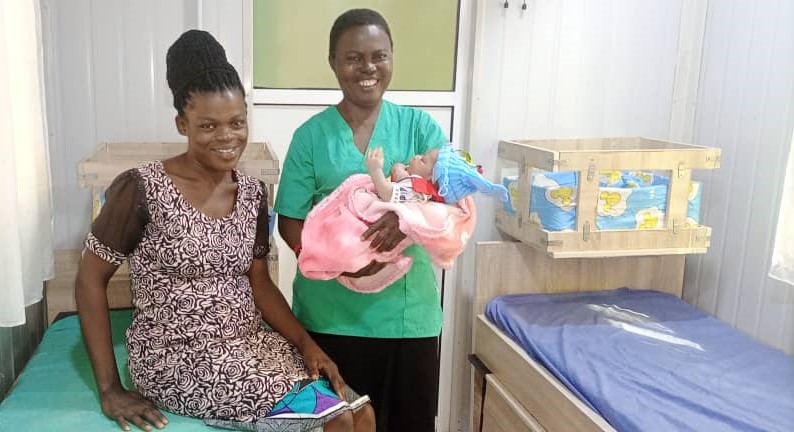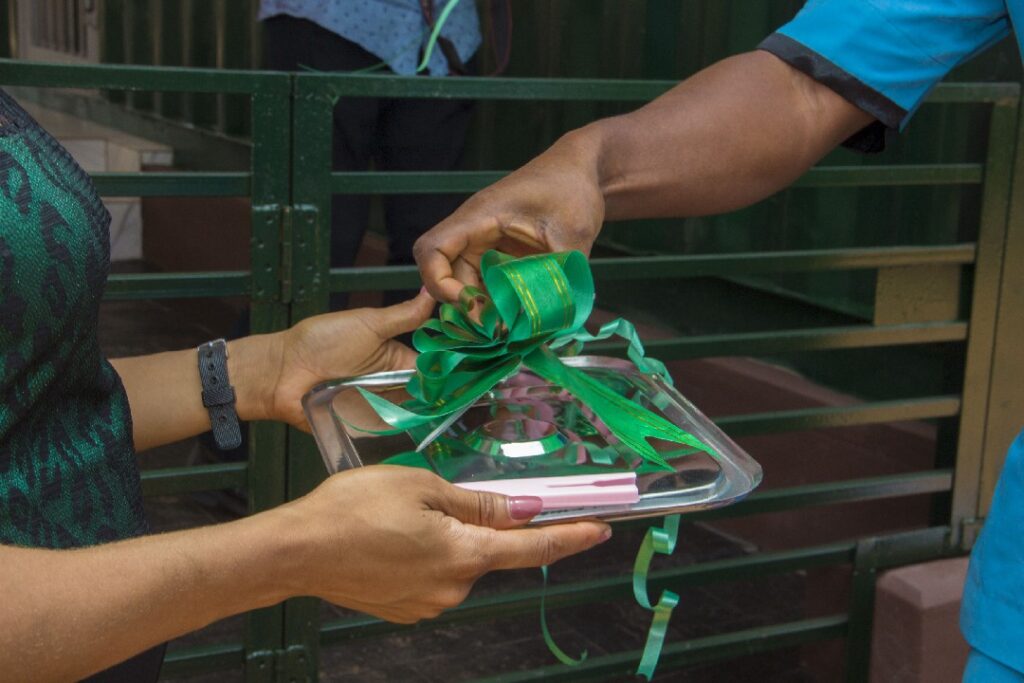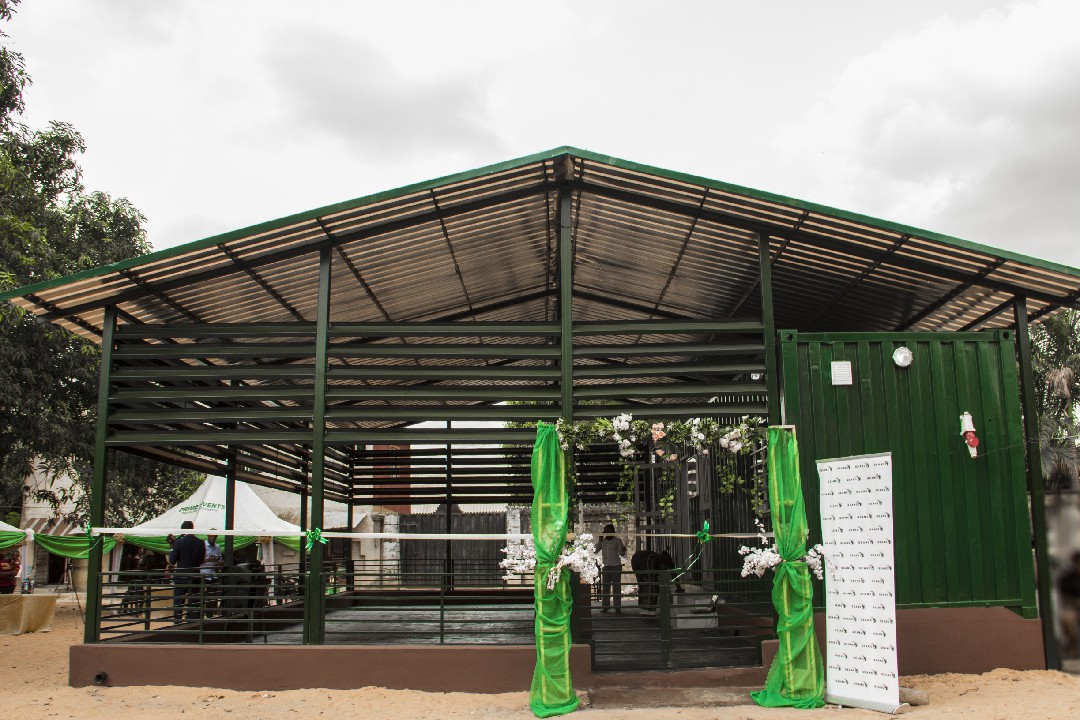GEANCO Maternal and Infant Clinic Network

A high number of deliveries occur with traditional birth attendants and community health workers, as they are the preferred point of care for underserved women in urban poor and rural communities in Nigeria. Due to their low skills and unhygienic environments, a greater percentage of these deliveries culminate in complications that contributes significantly to the high rate of maternal and neonatal mortality in Nigeria. In response, The GEANCO Maternal and Infant Clinic Initiative was birthed. This clinic initiative started out as a desire to proffer better health care to underserved women and children in communities, but has since gone on to be a movement and project to be reckoned with in Nigerian states.
This initiative is based on five key metrics, the legs of the modular clinic initiative. These metrics keep us in the focus on what we hope to achieve in our modular clinics.
The Five Legs of the GEANCO Maternal and Infant Clinic Initiative.
- An Equipped Micro Facility that effectively meets the needs of its users.
- Operated by Registered nurse midwives, with Trained Birth Attendants who adequately diagnose, manage and care for their patients.
- Observing Good Management Protocols including a well-defined organizational structure, operations system, financial accounting and customer relationship management.
- Held Accountable with Periodic Inspections to ensure that standards are met and integrity sustained.
- Collaboration with other Medical Officers – doctors, medical lab scientists and others who offer specialized services to enable holistic care and optimise value for the community.

Our Progress since late 2020 - present
Our team has begun addressing these legs upon which the initiative is built, and has undoubtedly made appreciable progress with integrating modern conventional maternity practice with a traditional institution.
- We presently have 5 modular clinics in Enugu and Anambra States, Nigeria
- The clinics are kept sanitary at all times, and there is a septic tank and placenta pit for proper disposal of biological waste
- Steady water supply for sanitation and comfort of patients, solar power for the preservation of vaccines
- Basic medical equipment for health monitoring and diagnosis.
- Electronic Patient Record System (EPRS): Our cloud-based online database computes the information of patients across the five clinics from registration up until discharge. This allows for proper documentation and availability of real-time data, in spite of location.
- Referral: the community health workers now recognize danger signs in pregnancy, respond appropriately, and work with partner hospitals as taught. There are also emergency response riders designated to ensure quick transportation.
- Operational Sustainability: an initial centralized model has made it possible for our guidelines and mechanism of operation to be replicated across the clinics.
- Financial Sustainability: monthly checks of the clinic cash flows show the community health workers are capable of funding the operations of the clinic.
- After our one-year technical support with partner nurse midwives, the community health workers have employed trained nurse midwives on their own and work with them effectively.
- They also communicate closely with other health professionals to provide specialized care and optimize value for the community.
- The community health workers who are beneficiaries of this initiative have been formed into a support group for accountability, knowledge sharing, and good communication of ideas.
- In line with this partnership, vaccination, and laboratory tests at the clinics have been made possible. The state ministry of health now recognizes our modular clinics as immunization centres and has organized a series of training to this effect.

An in-depth article was written by Nigeria Health Watch, on the progress of our first modular clinic in southeast Nigeria, read more here.
Undoubtedly, our modular clinics have proven to be an efficient hybrid of approved maternal and infant health practice and culturally accepted traditional birth practice. So far, we have nurtured this vision and watched it not only come to life but also take flight with tender yet sturdy wings. In coming months, we look forward to breaking more grounds and positioning the clinics to offer better healthcare to a greater number of underserved women in Nigeria.
